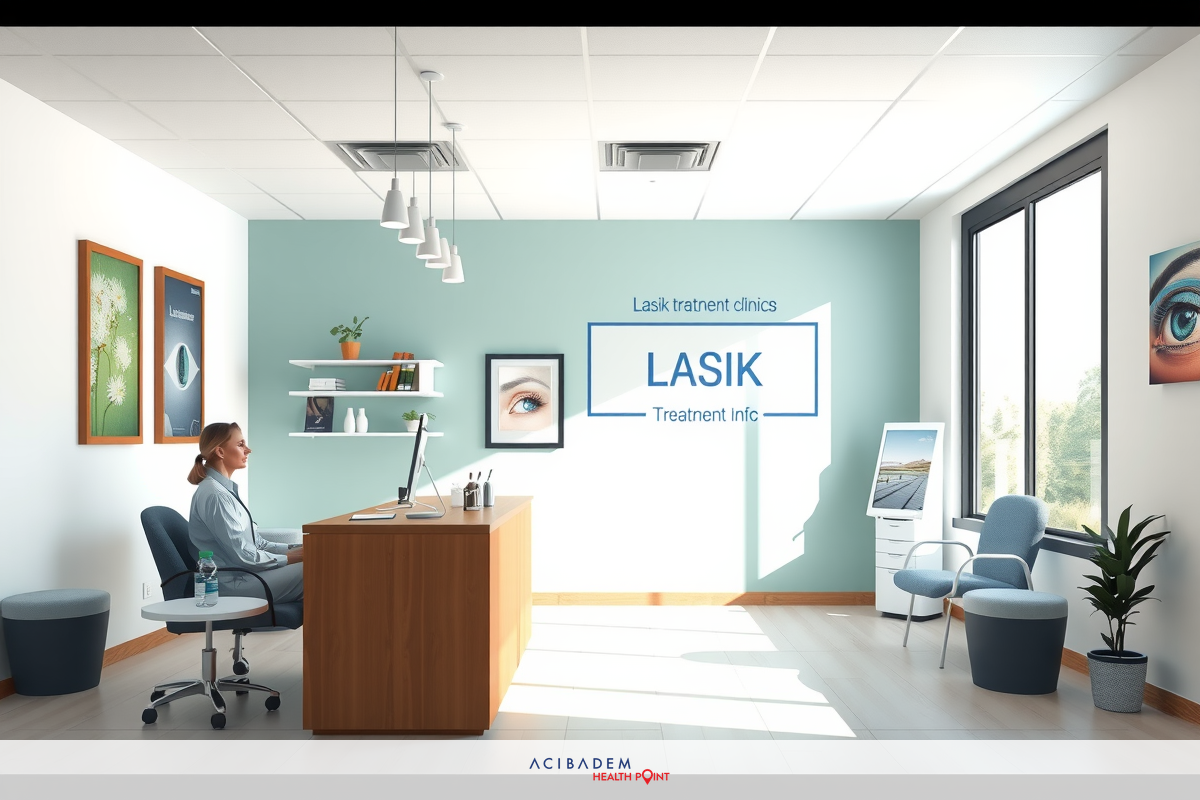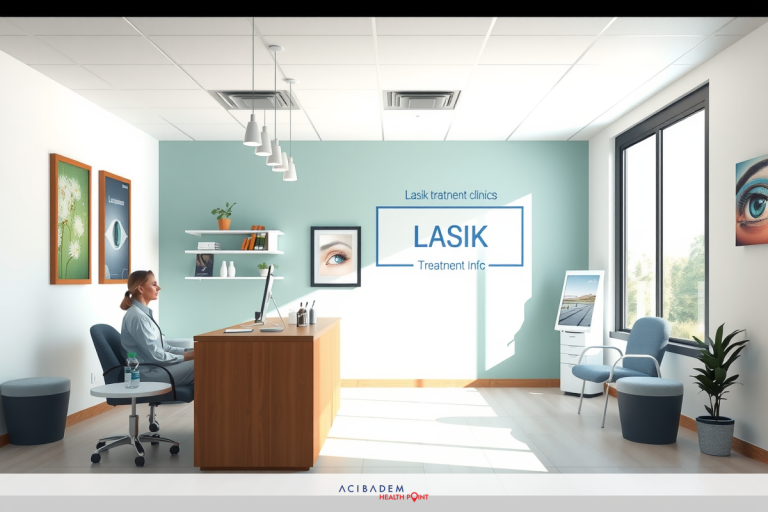Does Kaiser Do LASIK Eye Surgery?
Does Kaiser Do LASIK Eye Surgery? LASIK eye surgery, a common method used to correct vision in people who are nearsighted, farsighted, or have astigmatism. All laser vision correction surgeries work by reshaping the cornea, clear front part of the eye so that light traveling through it is properly focused onto the retina located in the back of the eye.
Kaiser Permanente offers a range of health services and specialties. Yet one may wonder if this includes LASIK eye surgery. This informative piece will shed light on whether Kaiser indeed provides such an operation for its patients.
Before committing to any form of medical treatment like LASIK surgery, potential candidates need to thoroughly evaluate several factors. These include understanding what exactly constitutes LASIK surgery as well as determining individual eligibility criteria and possible risks related with undertaking such a procedure.
What is LASIK Eye Surgery?
LASIK, or Laser-Assisted In Situ Keratomileusis, is a prevalent surgical procedure designed to improve vision. It’s primarily aimed at individuals suffering from common refractive errors such as nearsightedness (myopia), farsightedness (hypermetropia), and astigmatism. Utilizing precise laser technology, LASIK works by reshaping the cornea – the clear, dome-shaped front surface of your eye – thereby enabling light entering the eye to be correctly focused onto the retina for clearer vision.
The surgery itself is characterized by its speed and lack of discomfort. The actual laser treatment only takes less than one minute per eye. After creating a thin flap on the surface of the cornea with a femtosecond laser, an excimer laser removes some corneal tissue and then flap is repositioned on the underlying cornea without sutures. This process adjusts how light rays are focused onto your retina.
There are numerous benefits associated with LASIK eye surgery that make it an appealing option for many people seeking visual correction. To begin with, results often come quickly; most patients notice significant improvement in their vision within 24 hours following their operation. Over time, up to 95% achieve 20/25 vision or better after receiving this treatment which eliminates dependence on prescription eyewear for most activities.
It’s important to note that while Kaiser Permanente offers many health services across different locations they do not offer all services in all places so potential candidates should confirm whether LASIK is available in their specific locale before proceeding further.
Does Kaiser Permanente Offer LASIK Eye Surgery?
Kaiser Permanente, a respected healthcare organization, provides a comprehensive range of medical services. However, the question remains- does their list of services include LASIK eye surgery? The answer is somewhat complex and depends on various factors including location as not all services are available in every region where Kaiser operates.
In some regions, Kaiser Permanente offers refractive surgery services which can correct vision problems like nearsightedness (myopia), farsightedness (hypermetropia), or astigmatism. These procedures may also be an option for those who have had cataract surgery and still need glasses for certain activities. Among these refractive surgeries offered by Kaiser includes Photorefractive Keratectomy and Laser Epithelial Keratomileusis but the availability of LASIK specifically varies.
It’s important to remember that while they do provide several types of vision correction surgeries, this doesn’t guarantee that LASIK will be one of them in your specific locale. Services offered at each site vary based on many factors like regional laws, available resources, and the expertise of local practitioners. Therefore it’s recommended

that individuals interested in receiving such treatment through their insurance consult with their primary care physician or ophthalmologist directly about potential options before proceeding further.
Factors
When considering the possibility of undergoing LASIK eye surgery, there are several pertinent factors that prospective patients should take into account. This is not a decision to be made lightly or without comprehensive research and consultation with professionals. Here’s a look at some key considerations:
- Eligibility: Not everyone qualifies as an ideal candidate for LASIK eye surgery. Criteria such as age, general health condition, stability of prescription, corneal thickness and shape, among others will determine your eligibility.
- Risks and Potential Complications: While LASIK is considered safe with a high success rate, it’s essential to understand potential risks including dry eyes, glare or halos around lights, undercorrections or overcorrections which might need additional treatment.
- Post-operative Care: After the procedure patients may experience discomfort in their eyes for few hours; doctors often recommend rest during this period and will provide specific instructions regarding medication use.
- Recovery Time: The recovery period varies from person to person but most people see improvement within 24-48 hours post-surgery.
- Costs Involved: The cost can vary greatly depending on location and specific requirements; insurance coverage also plays a significant role in determining out-of-pocket expenses.
- Surgeon’s Experience & Reputation: It’s crucial that you choose an experienced surgeon who has performed numerous successful procedures – whether through Kaiser Permanente (if they offer this service) or another provider.
Remember these highlighted points serve merely as guidance; every individual case is unique hence it’s important each person consult directly with medical professionals before making any decisions.
Frequently Asked Questions
What is LASIK eye surgery?
LASIK (Laser-Assisted In Situ Keratomileusis) is a popular type of refractive eye surgery. It's designed to correct common vision problems like nearsightedness, farsightedness, and astigmatism by reshaping the cornea using precise laser technology.
Does Kaiser Permanente offer LASIK eye surgery as part of their services?
The question depends on various factors including location. While some regions do provide refractive surgeries that include but may not be limited to LASIK, it's advisable for individuals interested in this service to consult directly with their primary care physician or ophthalmologist.
How long does recovery from LASIK take?
Recovery times can vary greatly between individuals. However, most patients notice significant improvements within 24-48 hours following the procedure.
Is the cost of LASIK covered by insurance at Kaiser Permanente?
Coverage varies based on individual policies and locations. Patients are encouraged to check with their insurance provider about coverage specifics before proceeding further.








